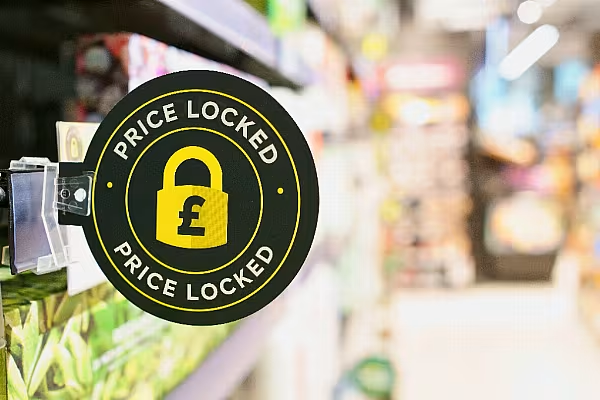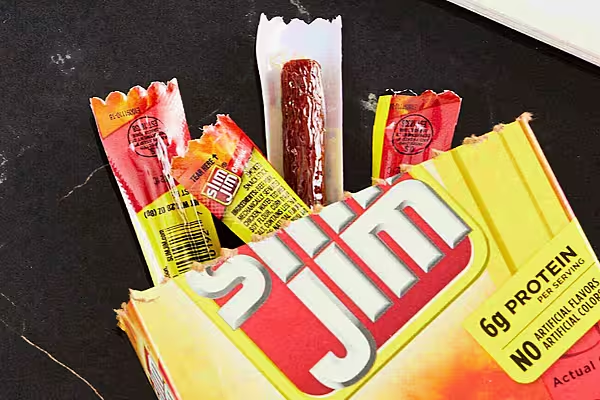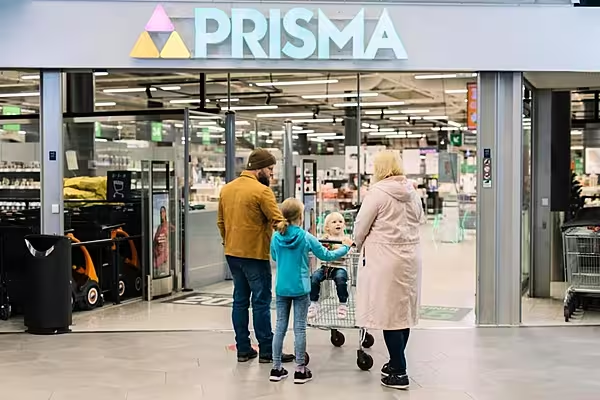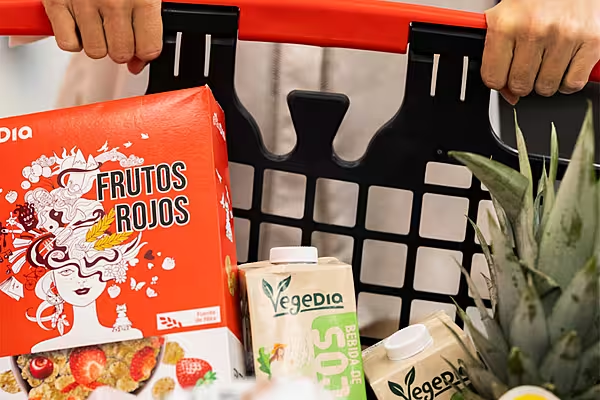More than a quarter (28%) of UK grocery baskets are comprised of products that are on promotion or are part of offers, according to a new study from Retail Insight.
The findings indicate that UK shoppers increasingly rely on promotions and offers to keep food bills down, amid the continued cost-of-living pressures and stubbornly high grocery prices.
While recent data released by the BRC and NielsenIQ showed that food price inflation is finally starting to slow down, overall food prices are still 9.9% higher than a year ago, Retail Insight added.
Paul Boyle, CEO of Retail Insight, commented, "It will be of little surprise, given the economic backdrop, that promotions are an important consideration for shoppers looking to squeeze more out of their household budgets.
"This means promotional activities are increasingly vital in driving retail revenues, maintaining share of wallet and attracting new customers."
Other Findings
The survey, which included over 1,000 UK shoppers, unveiled that four in ten (40%) now only buy grocery items on promotion.
Fresh meat emerged as the most promotionally-sensitive food category, with 30% of respondents saying they would be more likely to buy it when on offer, followed by fresh fruit (26%) and vegetables (24%).
With inflation on the rise, 86% of participants say that they now emphasise budgeting, and 82% are making efforts to reduce their food bills to cut overall expenses.
Nearly three quarters (74%) of those polled by Retail Insight said they have stopped buying some of their favourite branded goods due to high prices.
Seven in ten (72%) now opt for own-label items unless a branded alternative is on promotion, and a further 72% have swapped from branded goods to private brands in the past year, reflecting a 20% increase since 2022.
Availability Of Promotional Items
Almost half (46%) of respondents said ‘on-offer’ items were regularly sold out due to high demand, and a further 40% experienced promotional items frequently being out-of-stock on supermarket shelves.
A sixth (16%) of shoppers also reported that advertised in-store promotions were out of date.
Boyle added that less than 50% of in-store promotions are implemented to plan due to poor inventory levels, limited compliance metrics and manual checks.
Moreover, poorly executed promotions disappoint customers and potentially lead to lost sales, while straining relationships with manufacturers and suppliers, he noted.














